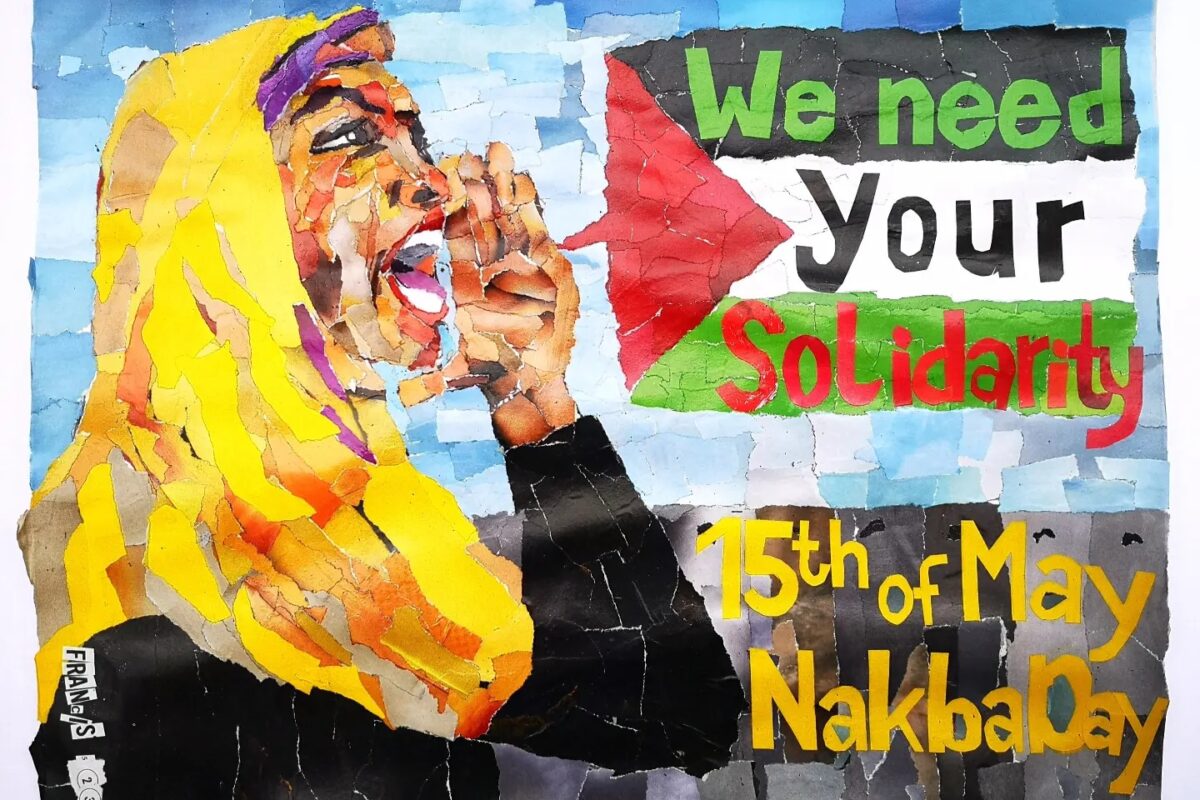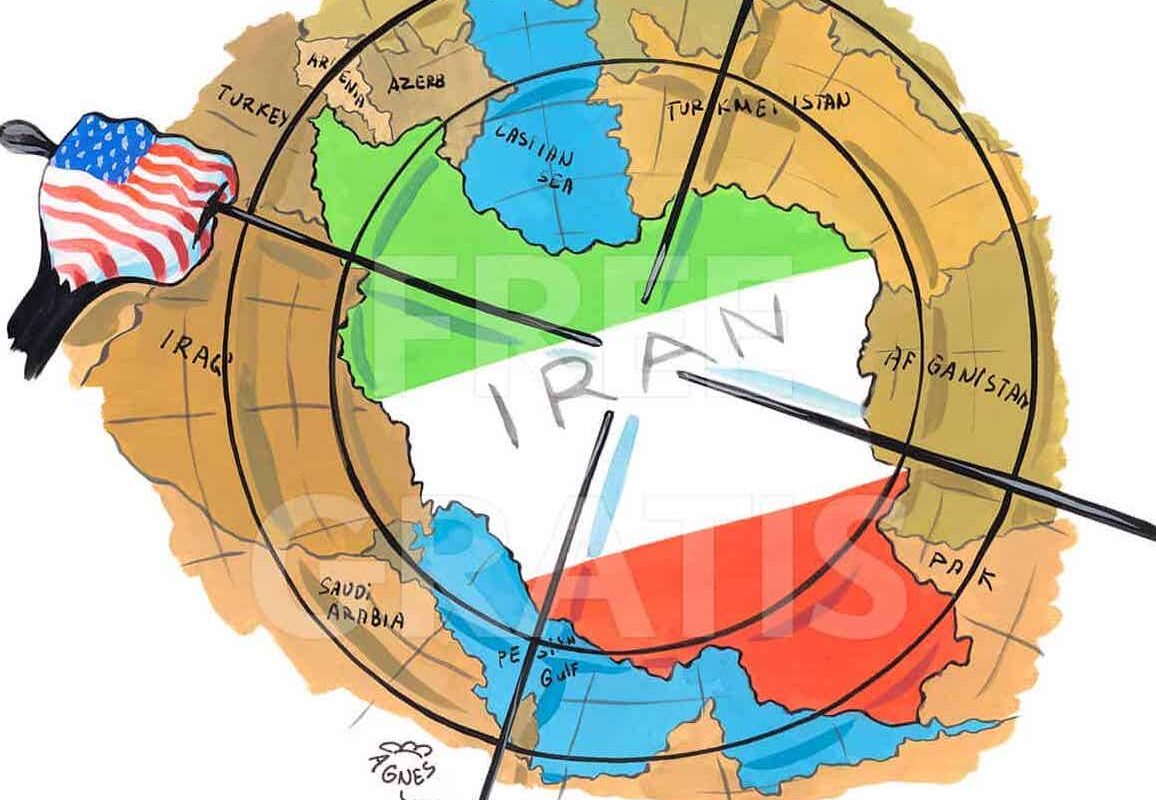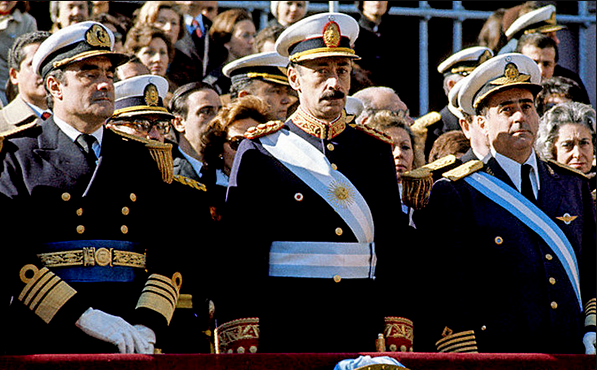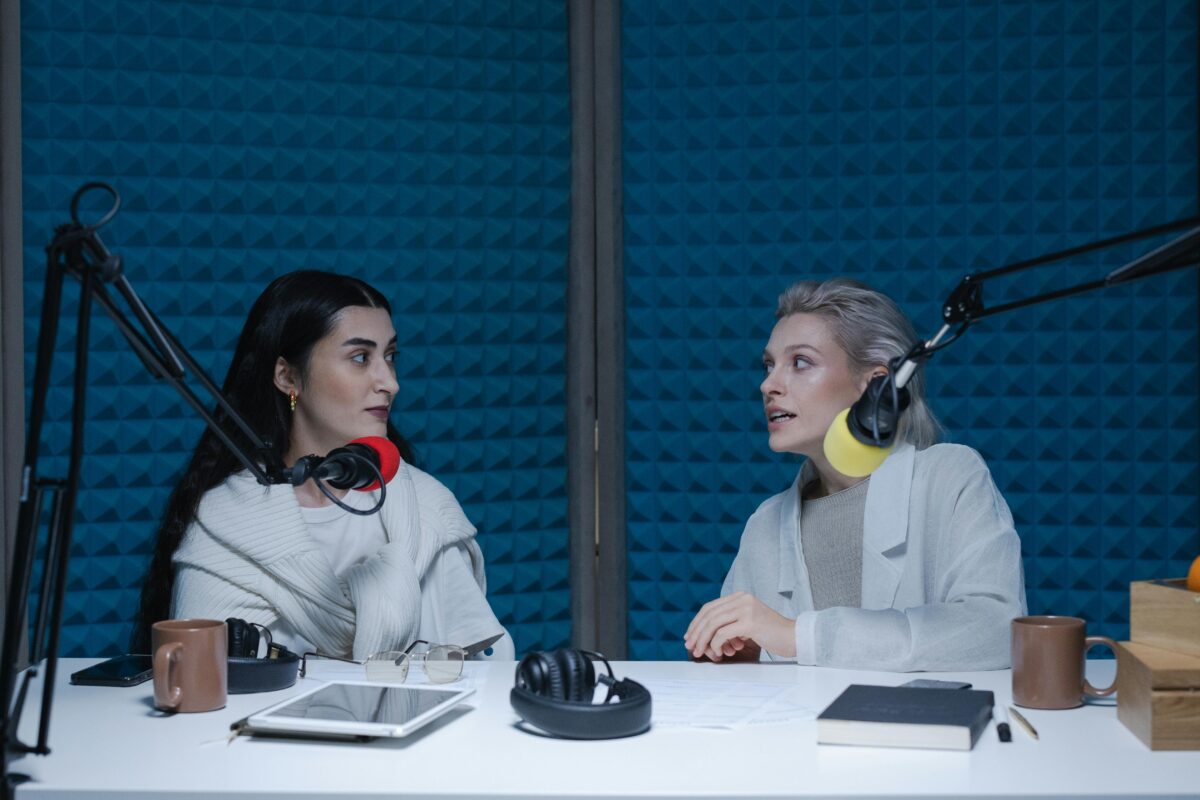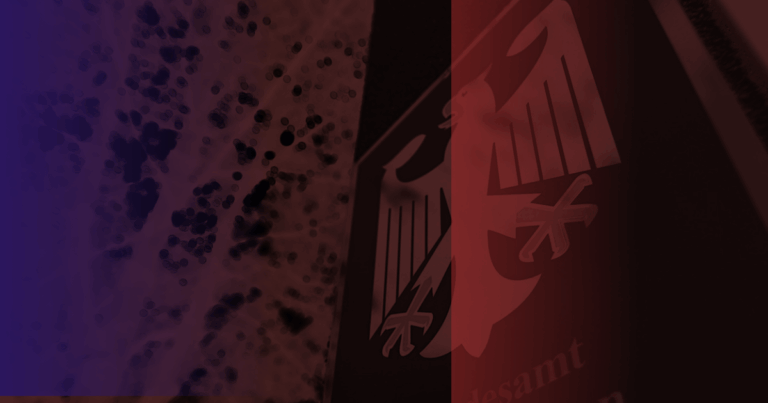Editor’s introduction: Nour Al-Abed was arrested on Nakba Day 2022 for taking part in a minute’s silence for her family and other Palestinian families. This is a translation of the statement that she made in court.
The judge ruled that last year’s ban of all demonstrations on Nakba Day was disproportionate and endangered the right to opinion and assembly. This meant that Nour does not have to pay her fine of €345. At the same time, the judge ruled that she had taken part in an illegal assembly. This means that she must pay legal costs of €827. You can support Nour and other victims of Germany’s repression of Palestinian right to expression here.
Today is the 75th anniversary of the Nakba. For this reason, we are publishing Nour’s statement which explains what the Nakba means to her and her family. Please support Palestinians’ right to grieve their losses, and to demonstrate without arbitrary bans from the German State.
This year’s demonstration to commemorate the Nakba (Saturday 20th May, 4pm, Hermannplatz) has not been banned yet.
The day of the Nakba, May 15th, is an important memorial day for me personally, since my family was expelled in 1948. Collective mourning is an important part of a democratic society. It is particularly important for the Palestinian community in Berlin/Germany to be able to hold collective mourning in public space. The Nakba, which took place between 1947-1949 during the establishment of the state of Israel, was an act of ethnic cleansing. Today, ethnic cleansing is legally classified as a war crime and a crime against humanity. It is included in the Rome Statute of the International Criminal Court.
At least 750,000 Palestinians were displaced, which was more than half of the Palestinian population at the time. Over 500 towns, villages and neighbourhoods were forcibly evacuated and mostly destroyed. Palestinian property was destroyed and expropriated. 11,000 Palestinians were killed. There were massacres, rapes and looting.
To this day, the Nakba means a strong traumatization of Palestinian society – locally and in the diaspora. Berlin has the largest Palestinian community in all Europe and accordingly the Palestinian family histories here are also directly shaped by the Nakba.
For decades we have been experiencing a progressive disenfranchisement of our families in Palestine- Despite a UN resolution we have not been able to return to Palestine. After the experience on May 15th, 2022, the question arises: if we cannot return, where should we go with our personal and collective grief? Where else can we go to meet other Palestinians to express our pain? Who owns the city and who owns the public space?
We were born and raised here in Germany. We are part of German society. This is precisely why it is important to us to have the right to collectively mourn our family history, which is characterized by flight, expulsion and expropriation.
My personal family history, like that of most Palestinian families in the diaspora, is one of flight and expulsion. My father was born in Beersheba in Palestine in 1941. In 1948 his family was expelled from the Naqab Desert to Gaza. The family fled a total of three times. This means that, my relatives are scattered in the Naqab Desert, Gaza, the West Bank and Jordan. To this day, a large part of the family lives in refugee camps under precarious conditions without rights. To date, neither my father, nor I, nor my daughter has the opportunity to return to Palestine.
The Nakba is not just a historic event for me. It is part of my story and also shapes my daughter’s life. I also have to explain to her today where her family comes from, how they were expelled and dispossessed and what this loss means for us as a family.
To this day we have had no right of return and no compensation. To this day there has been no acknowledgment of the injustice that happened. The Nakba Memorial Day on May 15 is and will remain a day of collective mourning for Palestinians locally and in the diaspora, and there must be a right to collective mourning rituals in public space – especially in Berlin, especially in Germany.
Nour Al-Abed is a pseudonym
